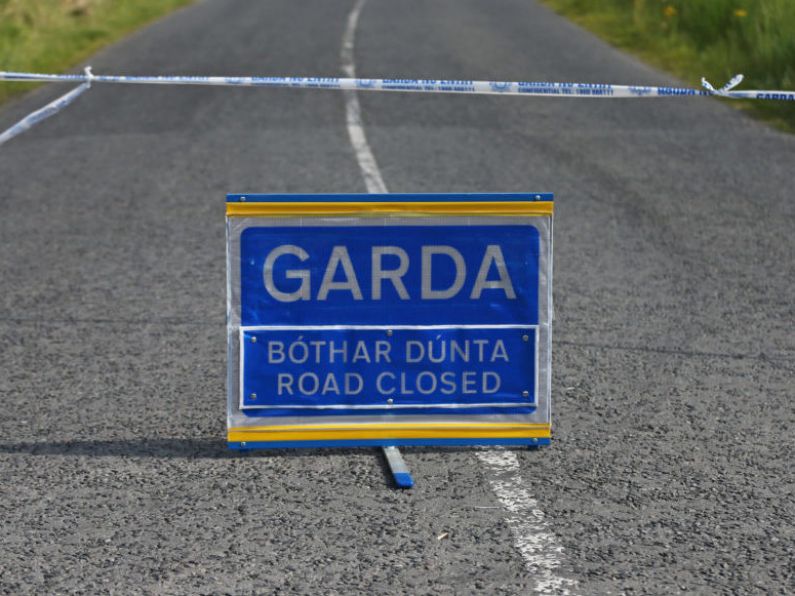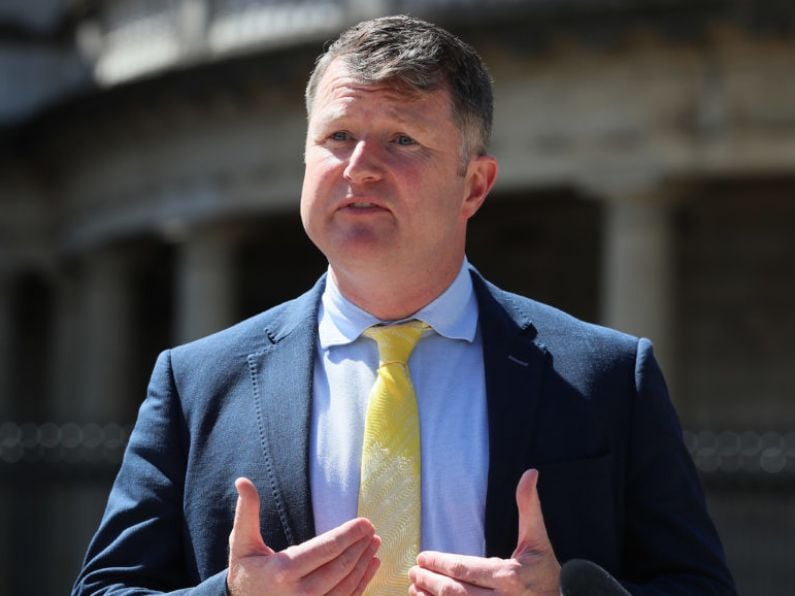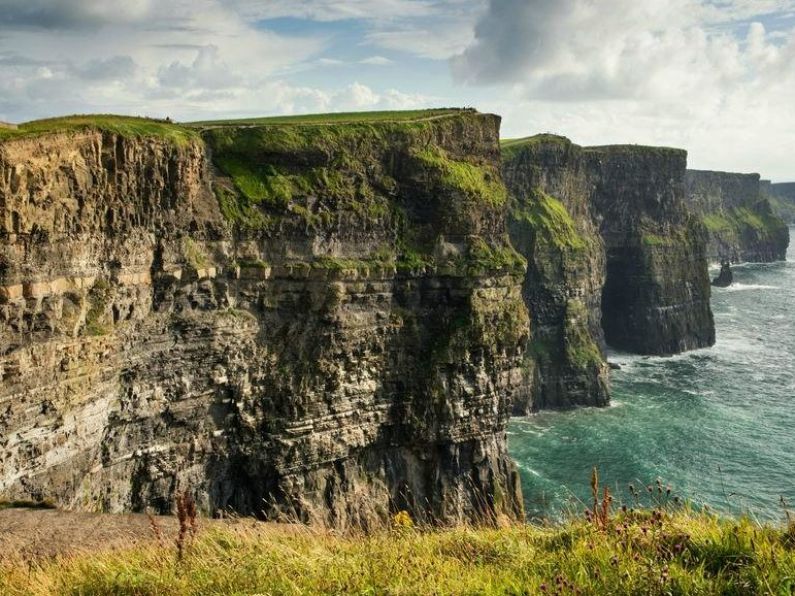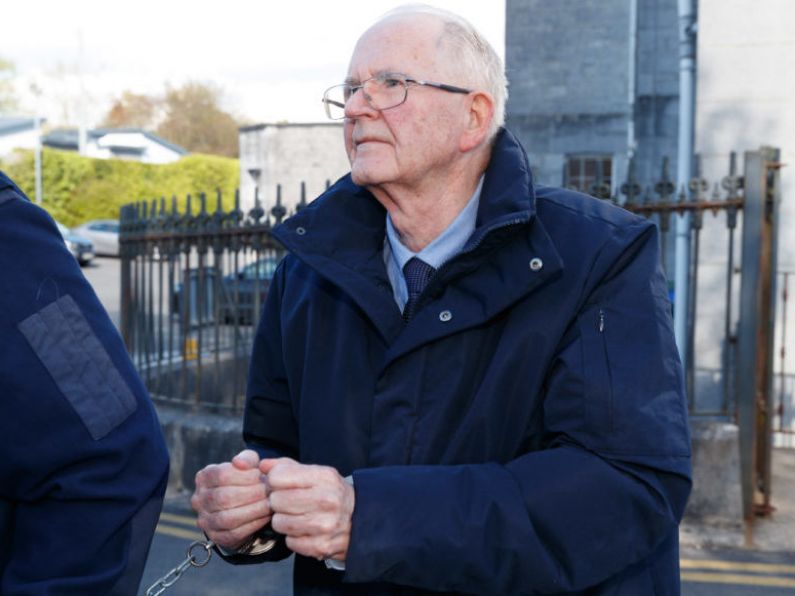University College Cork researchers have unearthed some 200 volumes of centuries-old newsletters that shine a light on 16th and 17th-century life in Europe.
The papers have been discovered in the vast vaults of the Medici family in Florence in a project led by Brendan Dooley, Professor of Renaissance Studies at UCC.
The manuscripts have been untouched for four centuries and reveal a detailed information network from Florence to Warsaw, Paris to Madrid, the Netherlands to Britain, Ireland and the American colonies.
At the time, news was primarily hand-written and exchanged across the continent in what Professor Dooley describes as "a lucrative and powerful network".
"Who controlled the news controlled the power," he said.
"This is a discovery at the very birth of what is today's global news industry."
In addition to shining a light on the broader continent at the time, the newsletters reveal facets of Irish history.
This includes a newsletter from Venice from March 19, 1588, which carries news about the Spanish Armada setting sail:
It was heard from Lisbon that the armada was ready with 140 or more sailing ships, and eight months of provisions; and it was said that it would set sail toward the end of this month with 17,000 combat soldiers and 8000 sailors. It was not known where it would be directed—some said it would go to join the duke of Parma, while others said it would sail for Ireland.
A 1606 newsletter from Spain reports on a large number of Irish emigrating to Galicia in order to flee an edict against Catholics that was published in Ireland, while another from Brussels in 1607 includes a tipoff from Paris about the arrival in France of Hugh O'Neill, the Earl of Tyrone, who was escaping from Ireland trying to reach Spain.
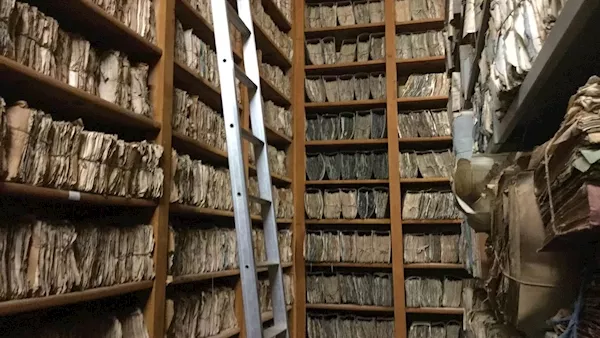
In 1648, handwritten newsletters around Europe showed plenty of news about Ireland, including reports in January and February regarding the progress of the O’Neill forces up to the gates of Dublin, as well as ill-paid English soldiers joining the Catholics for better treatment.
Also in 1648, reports circulate about Thomas Wentworth’s role in the Irish rebellion. By April, the Irish Protestants are reported to be threatening to abandon the country unless the English did more to protect them. In June of the same year, Giovanni Battista Rinuccini, the Papal nuncio in Ireland, is presenting Pope Innocent X with standards taken by the Irish rebels in recent battles.
European news is also widely reported with one Vienna newsletter of June 2, 1618 announcing the spark that ignited the Thirty Years' War.
Recently, Professor Dooley was awarded €1 million by the Irish Research Council to further the research. The funding was made under the Irish Research Councils Advanced Laureate Award.
"Our ultimate goal, made feasible for the first time by this funding, is to reconstruct this fascinating news environment of an entire lost world, early modern Europe, at the birth of news," he said.
Professor Dooley’s team will be working closely with the State Archives in Florence, as well as the Medici Archive Project organisation, a nonprofit institution based in Florence and New York, to implement a systematic extraction method for the documentation and to connect the dots in an expanding pattern of exchanges.


